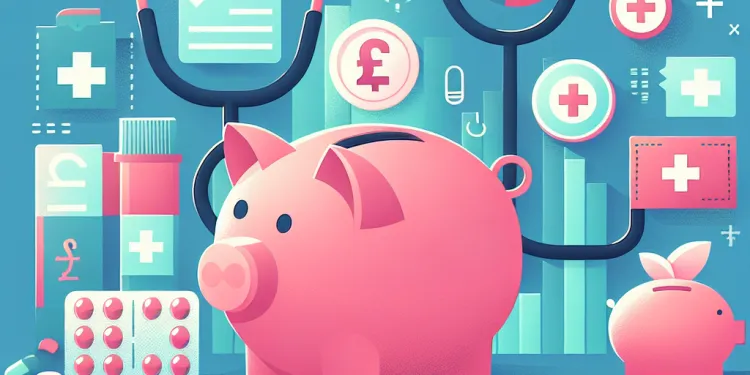
Find Help
More Items From Ergsy search
-
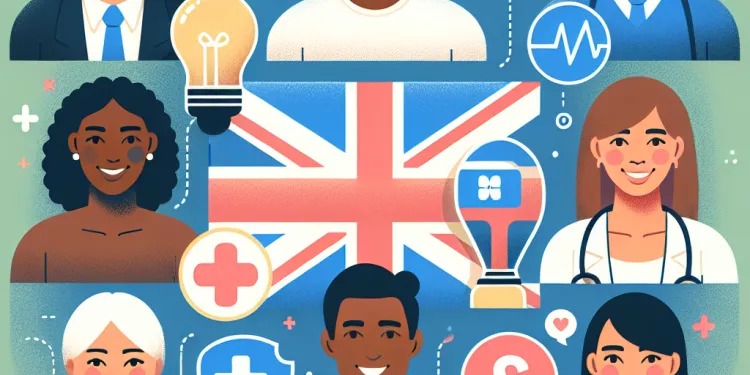
Who is eligible for the NHS Low Income Scheme?
Relevance: 100%
-
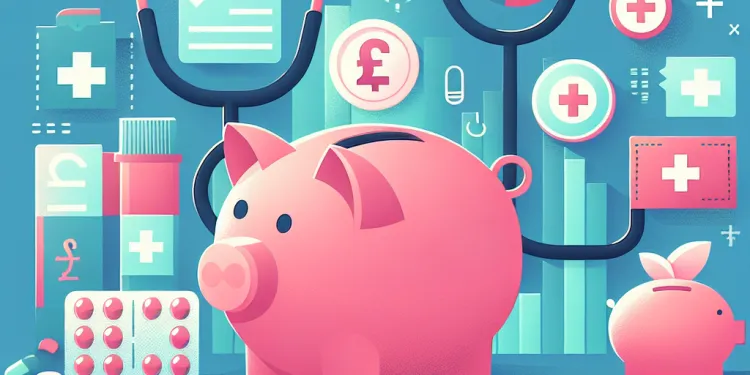
Who is eligible for the NHS Low Income Scheme?
Relevance: 99%
-
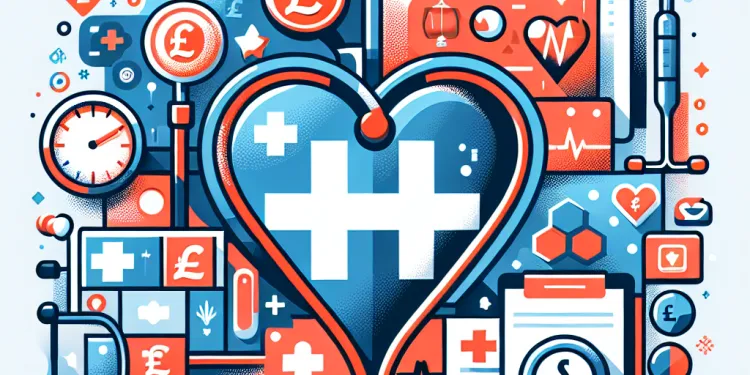
What is the NHS Low Income Scheme?
Relevance: 89%
-
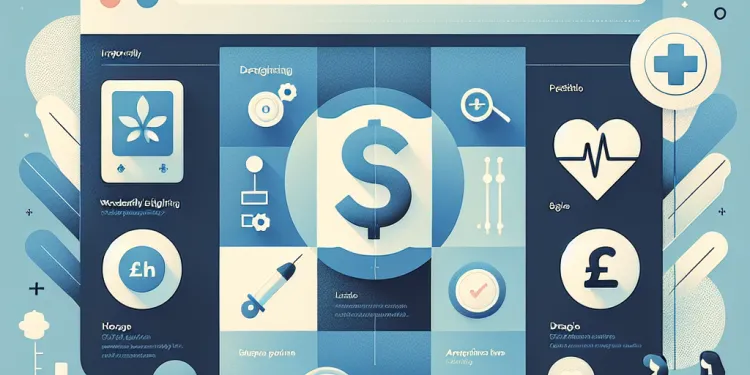
What is the NHS Low Income Scheme?
Relevance: 89%
-
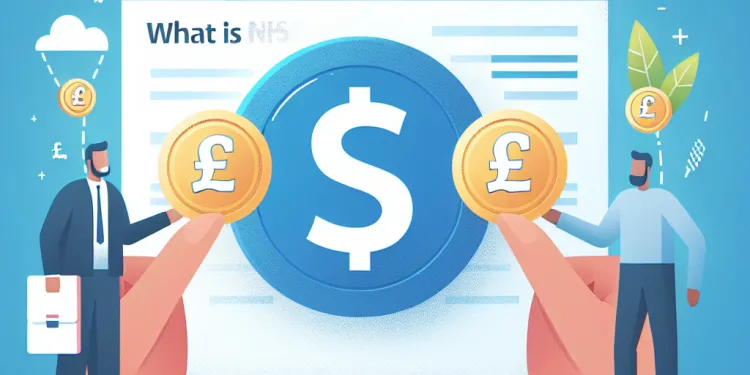
What is NHS Low Income Scheme?
Relevance: 87%
-
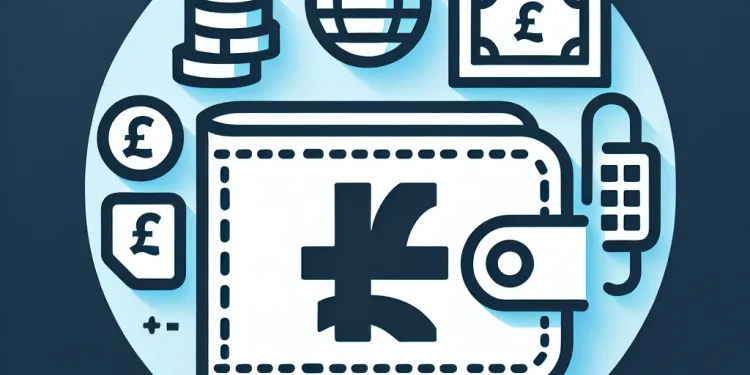
How do I apply for the NHS Low Income Scheme?
Relevance: 85%
-
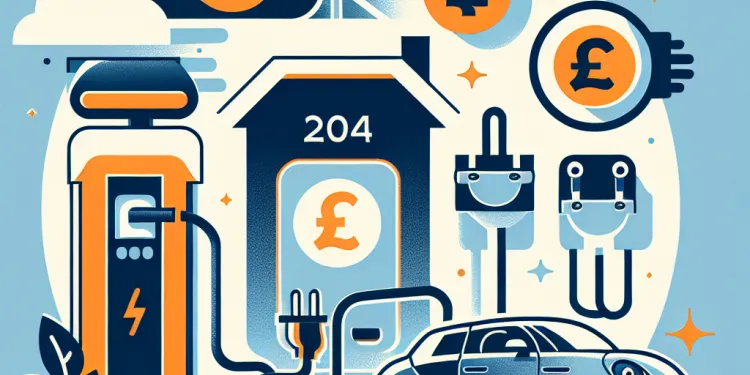
Who is eligible for the Electric Vehicle Homecharge Scheme?
Relevance: 47%
-

Government Announces New Support Scheme for Low-Income Families
Relevance: 42%
-
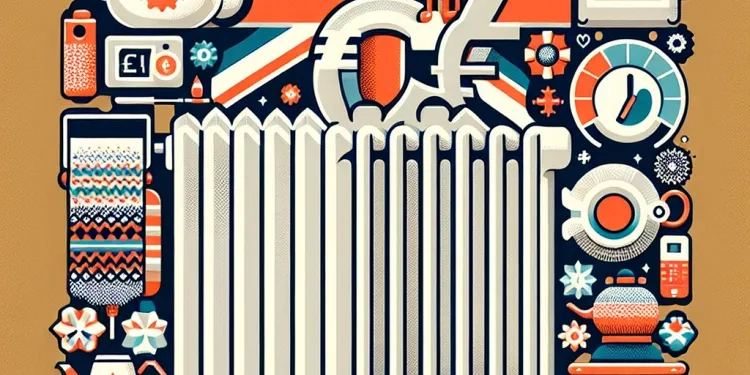
How long has the Warm Home Discount scheme been running?
Relevance: 41%
-
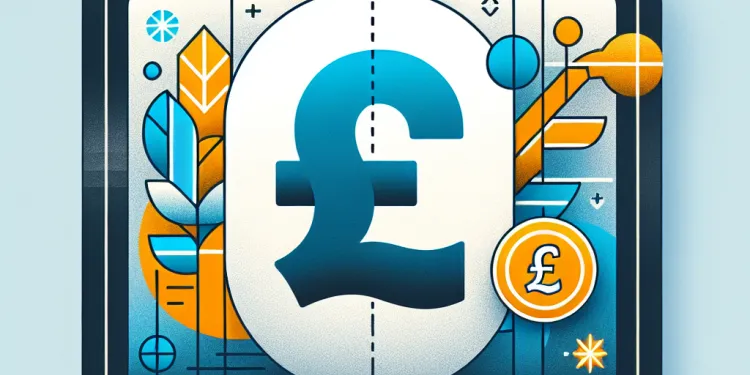
Who is eligible for Healthy Start vouchers?
Relevance: 40%
-

What is The Great British Insulation Scheme (ECO+)?
Relevance: 39%
-

Who is eligible for the Warm Home Discount?
Relevance: 38%
-

Is there an income threshold for students to qualify for the payment?
Relevance: 38%
-
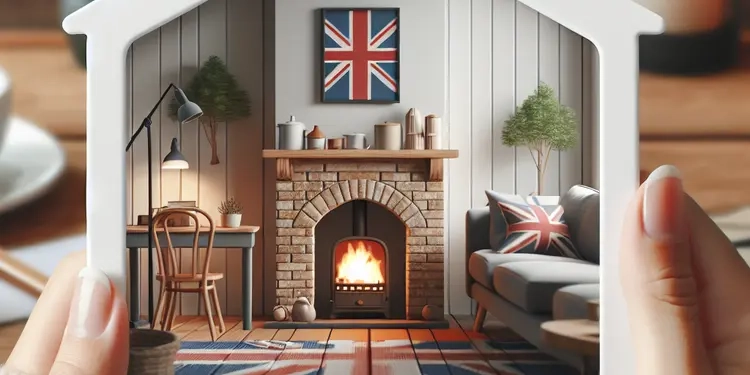
What is the Warm Home Discount and am I eligible?
Relevance: 38%
-
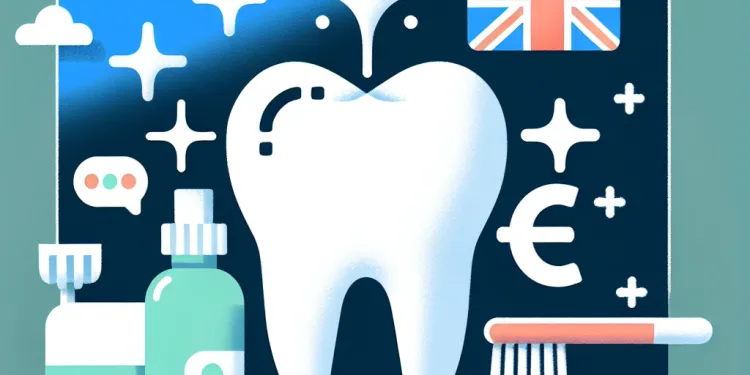
How do I know if I'm eligible for free NHS dental care?
Relevance: 37%
-
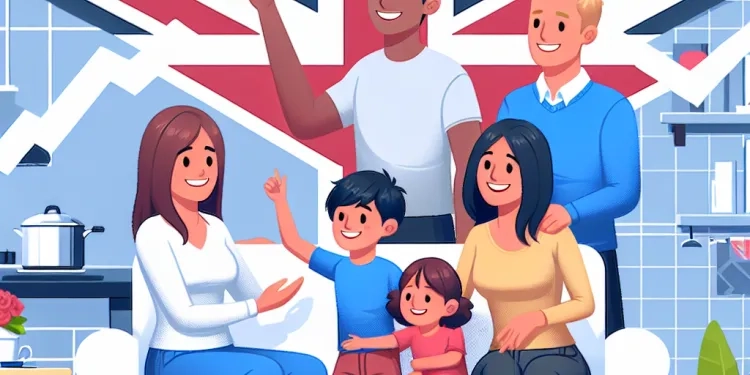
Government Support Schemes for Families Affected by Inflation
Relevance: 37%
-
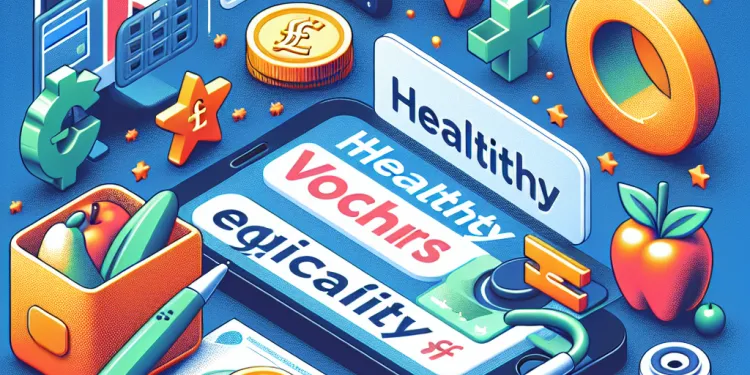
Who is eligible for Healthy Start vouchers?
Relevance: 35%
-

Are students eligible for the £500 cost of living payment?
Relevance: 35%
-
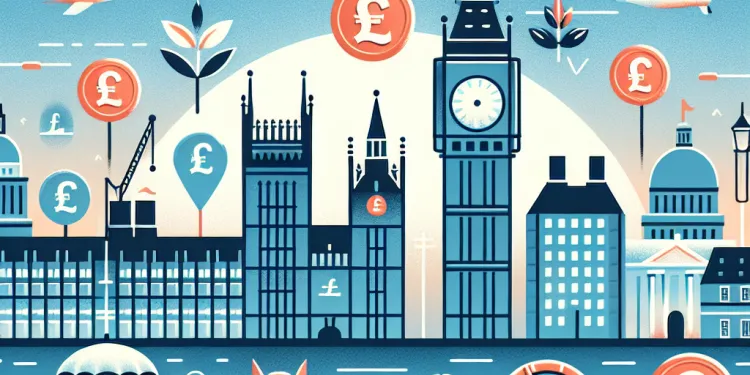
What is a defined benefit pension scheme?
Relevance: 35%
-
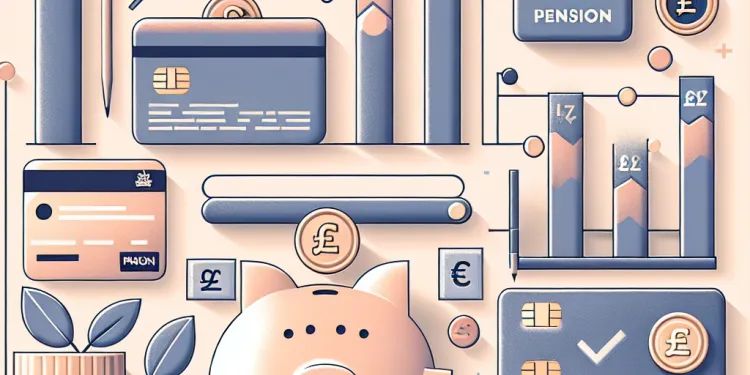
What is a defined contribution pension scheme?
Relevance: 35%
-
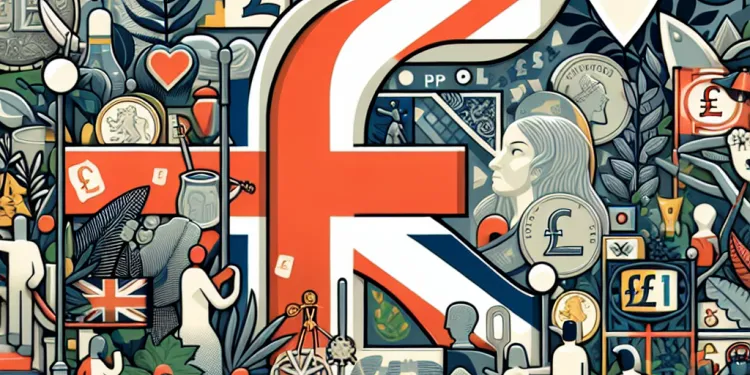
Who is eligible for compensation from the PPF?
Relevance: 35%
-
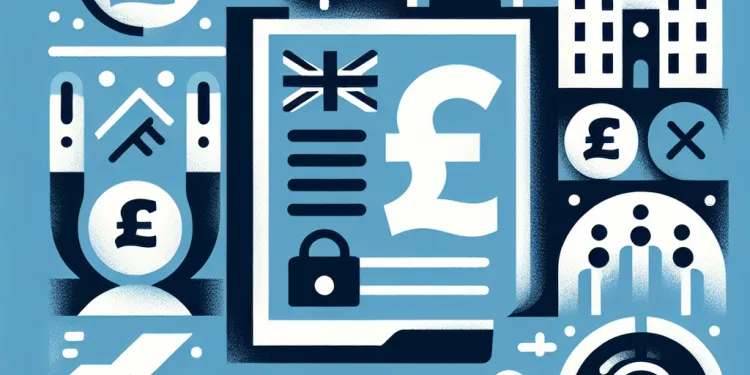
Are there specific eligibility criteria for PCP or HP agreements?
Relevance: 34%
-

Do all UK firefighters automatically join a pension scheme?
Relevance: 34%
-
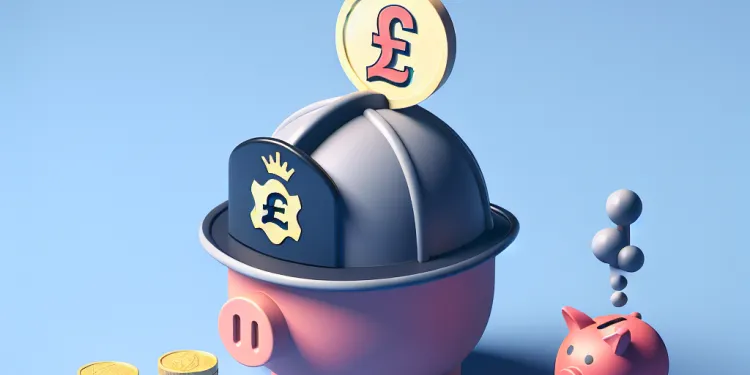
Do firefighters have to contribute to their pension schemes?
Relevance: 34%
-
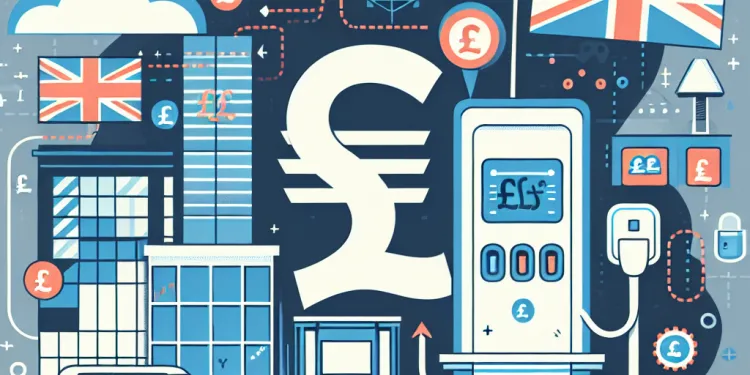
How much does the Workplace Charging Scheme cover?
Relevance: 32%
-
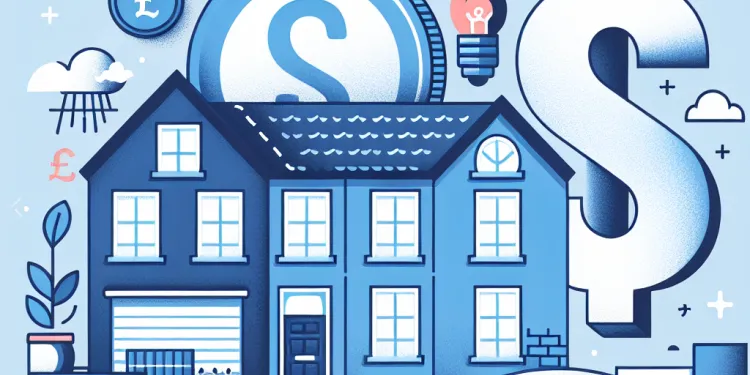
Who is eligible for Household & Cost-of-Living Support grants?
Relevance: 31%
-
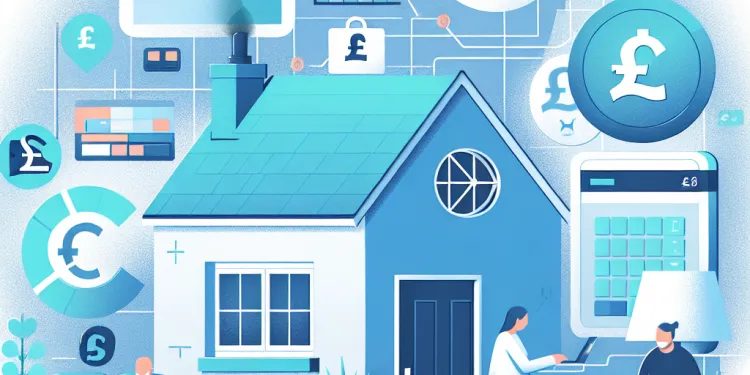
Who is eligible for Household & Cost-of-Living Support grants?
Relevance: 31%
-
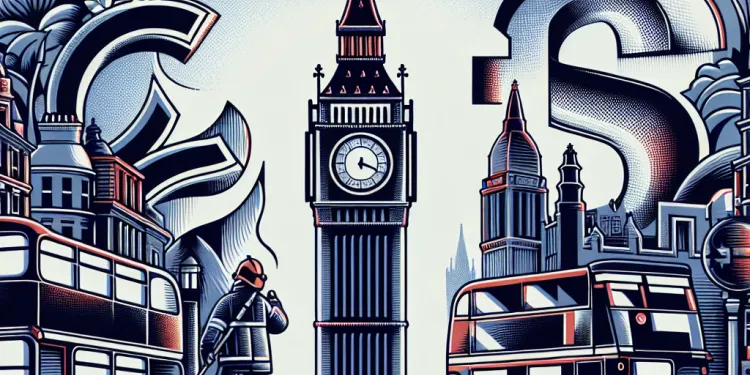
Does the 2015 scheme have the same benefits as the earlier firefighter pension schemes?
Relevance: 31%
-
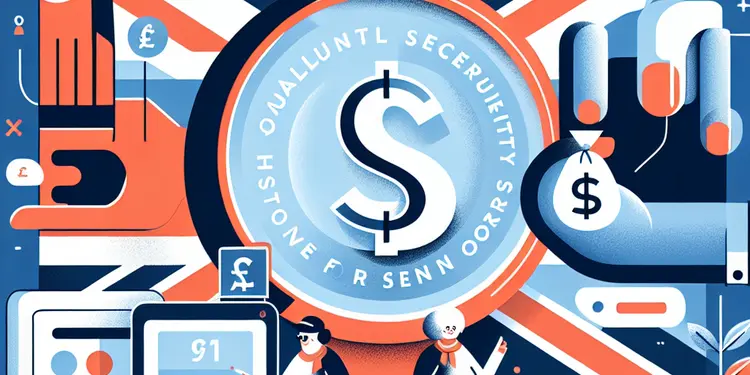
How do seniors qualify for Supplemental Security Income (SSI)?
Relevance: 31%
-

What criteria must be met for a child to be eligible for free school meals?
Relevance: 30%
-

Who is eligible for the EV grant in the UK?
Relevance: 30%
-

Who is eligible for a Funeral Expenses Payment?
Relevance: 30%
-
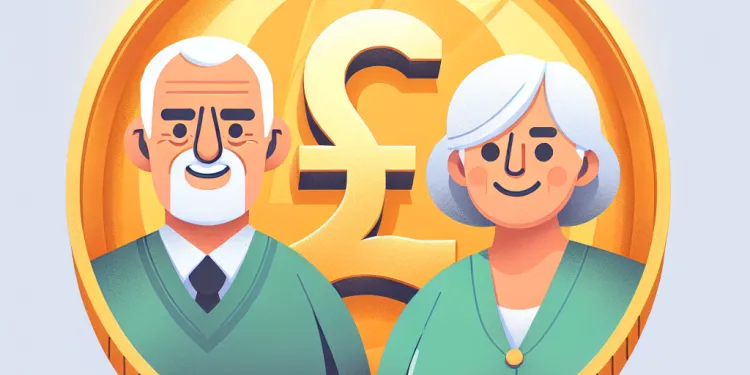
Are pensioners eligible for the £500 cost of living payment?
Relevance: 30%
-
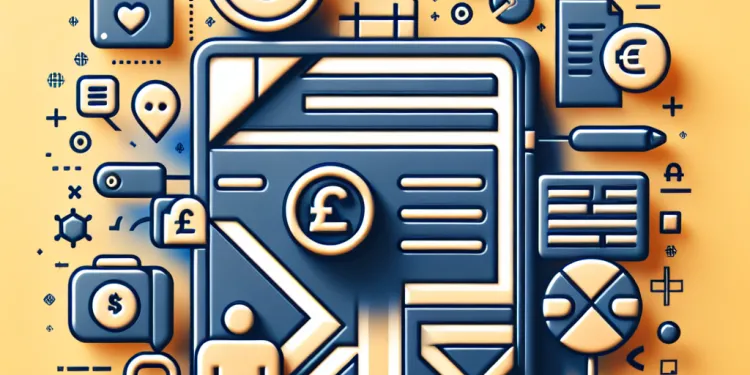
What documentation do I need to prove eligibility?
Relevance: 29%
-

Who is eligible to receive the £500 cost of living payment?
Relevance: 29%
-
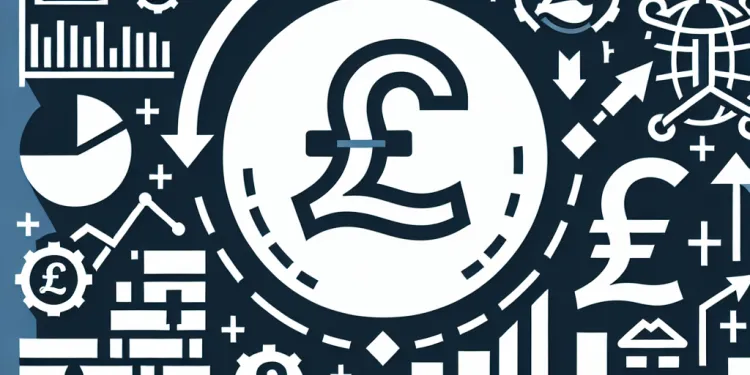
Will income thresholds for tax reliefs be revised in 2026?
Relevance: 29%
-
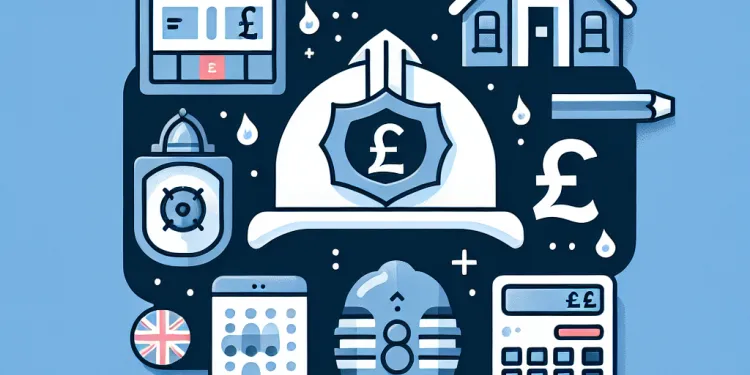
How is the pension calculated for firefighter schemes?
Relevance: 29%
-
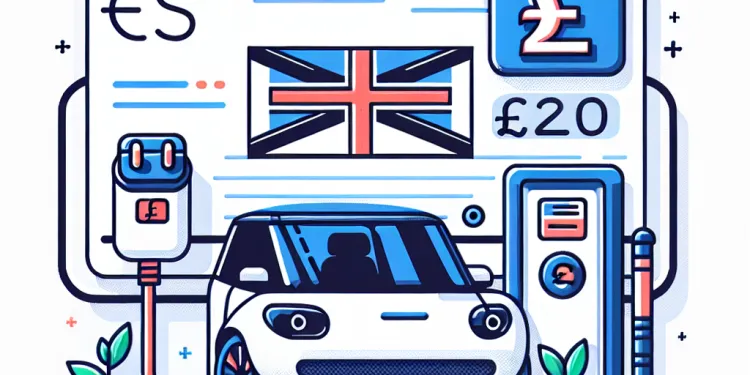
How do I find out if a specific car is eligible for the Plug-in Car Grant?
Relevance: 29%
-
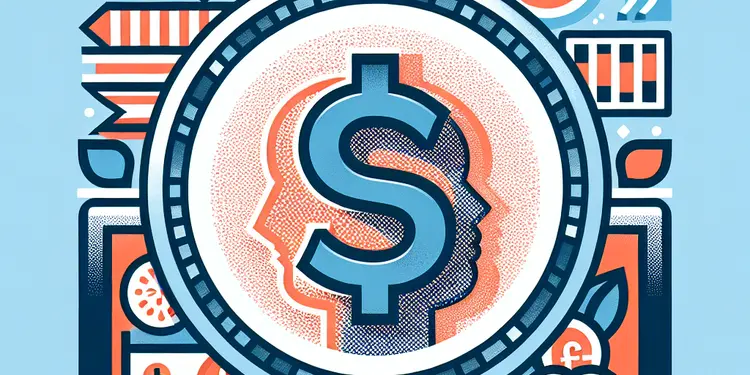
Can low salt intake be harmful?
Relevance: 28%
-
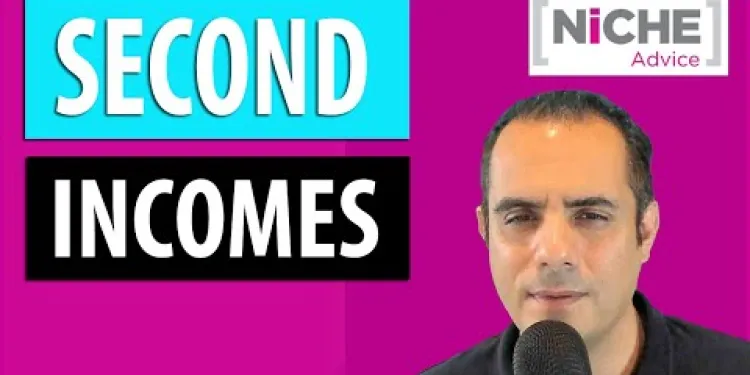
Using 100% of your Second Income for a Mortgage Application
Relevance: 28%
Overview of the NHS Low Income Scheme
The NHS Low Income Scheme (LIS) provides financial assistance to individuals and families with low income, allowing them to access free or reduced-cost NHS healthcare services. Eligibility for the scheme is determined by a means test, which considers your income, savings, and specific personal circumstances. The scheme is designed to help those who may struggle to pay NHS charges, such as prescription costs, dental treatment, and optical care.
Eligibility Criteria
To be eligible for the NHS Low Income Scheme, you must be able to demonstrate that your income and savings fall below a certain threshold. The scheme is open to individuals with either a low income or those who receive certain government benefits. There are certain key criteria that you need to meet in order to apply for the scheme. These include being a resident of the United Kingdom, Channel Islands, or the Isle of Man.
Both employed and unemployed individuals can apply for the LIS. Even if you’re a student, you may qualify if your financial circumstances meet the required criteria. Furthermore, if you are part of a couple, your partner's income and savings will also be taken into account. The means test considers various factors, including your living costs and housing expenses, to determine your eligibility.
Types of Help on Offer
Depending on your financial circumstances, you may qualify for full or partial help through the NHS Low Income Scheme. If you qualify for full help, you will receive an HC2 certificate, which entitles you to full coverage of applicable NHS costs. If you qualify for partial help, you'll receive an HC3 certificate, which provides a partial reduction on what you need to pay.
The HC2 and HC3 certificates cover costs associated with NHS prescriptions, dental treatment, eye tests, glasses or contact lenses, and necessary replacement or repair of glasses or contact lenses. They may even include travel costs to and from hospitals if they are incurred due to NHS referrals.
How to Apply
To apply for the NHS Low Income Scheme, you must complete form HC1. This form is available online, through local health authorities, and in some NHS facilities. The application process requires detailed information regarding your income, savings, and personal circumstances. Once submitted, your application will be assessed, and you will be informed whether you are eligible and which type of certificate you will receive.
It is important to keep your circumstances up to date with the NHS in case of any changes in your income or family situation, as this could affect your entitlement. Regular checks and updates ensure that you are receiving the correct level of support from the NHS Low Income Scheme.
Overview of the NHS Low Income Scheme
The NHS Low Income Scheme helps people who do not have a lot of money. It makes it easier for them to get NHS healthcare for free or at a lower cost. This help is for things like medicines, dentist visits, and eye care. To get this help, the NHS looks at how much money you make and have saved. This is called a means test. The scheme is for people who find it hard to pay for NHS services.
Eligibility Criteria
To get help from the NHS Low Income Scheme, you need to show that you don’t earn much money and don’t have a lot of savings. People who get certain government benefits can also apply. You must live in the United Kingdom, Channel Islands, or the Isle of Man to apply.
You can apply whether you are working or not. Students can apply too if they don’t have much money. If you live with a partner, their money and savings are checked as well. The NHS will look at what you spend on living costs and housing to decide if you can get help.
Types of Help on Offer
The NHS Low Income Scheme gives different kinds of help. If you get full help, you get an HC2 certificate. This means you pay nothing for some NHS costs. If you get partial help, you get an HC3 certificate, which means you pay less.
The HC2 and HC3 certificates help pay for medicines, dental care, eye tests, and glasses or contact lenses. They can also help with travel costs to hospitals if needed for NHS appointments.
How to Apply
You need to fill out form HC1 to apply for help. You can find this form online, at local health offices, or in some NHS places. You must give details about your money and personal situation. After you apply, the NHS will tell you if you can get help and what kind you will get.
It is important to tell the NHS if your money situation changes. This is because it might change the help you get. By keeping the NHS updated, you can be sure to get the right support from the NHS Low Income Scheme.
Frequently Asked Questions
What is the NHS Low Income Scheme?
The NHS Low Income Scheme is a program that provides financial assistance to low-income individuals and families to help cover healthcare costs.
Who is eligible for the NHS Low Income Scheme?
You may be eligible if you have savings, investments, or property no more than a certain amount (excluding your home) and have a low income.
Is the NHS Low Income Scheme only for UK residents?
Yes, the scheme is primarily intended for individuals who are residents of the UK.
Can students apply for the NHS Low Income Scheme?
Yes, students with low income may be eligible to apply for the scheme.
Are pensioners eligible for the NHS Low Income Scheme?
Pensioners with low income and limited savings may qualify for assistance under the scheme.
Do I need to be receiving benefits to qualify?
No, you do not need to be receiving benefits to qualify, but your income and savings will be taken into account.
What documents do I need to apply?
You will need proof of your income, savings, and other relevant financial information.
Can I apply for the NHS Low Income Scheme if I own a home?
Yes, owning a home does not automatically disqualify you, but your overall savings and property value will be evaluated.
Is the application process for the NHS Low Income Scheme complicated?
The process involves filling out forms and providing financial information, but guidance is available to assist you.
How do I apply for the NHS Low Income Scheme?
You can apply by completing an HC1 form, which is available online or through healthcare providers.
How long does it take to get a decision on my application?
It usually takes a few weeks to process applications, depending on the submitted information's completeness.
What happens if my application is rejected?
If your application is rejected, you can appeal the decision or reapply if your financial circumstances change.
Can families apply for the NHS Low Income Scheme?
Yes, families with low income can apply, and eligibility will be assessed based on household income and assets.
What healthcare costs does the scheme cover?
The scheme can cover costs such as prescription charges, dental care, eye care, and travel expenses to receive NHS treatment.
Does the scheme cover all health services?
The scheme covers specific services; it does not cover private healthcare expenses.
Is there an age limit for applying to the NHS Low Income Scheme?
There is no specific age limit; eligibility is based on income and savings.
Do I need to renew my NHS Low Income Scheme status?
Yes, you may need to reapply or update your information periodically to maintain eligibility.
What if my financial situation changes after applying?
You should report any significant financial changes to ensure your eligibility is reassessed accurately.
Is the NHS Low Income Scheme the same across all of the UK?
The scheme operates similarly across the UK, but there may be regional variations in criteria or services covered.
Where can I get more information about the NHS Low Income Scheme?
You can visit the official NHS website or contact your local healthcare provider for more information.
What is the NHS Low Income Scheme?
The NHS Low Income Scheme is a way to help people who do not have much money. It helps them pay for healthcare, like medicine and dentist visits.
If you have a low income, you might get help from this scheme. It can give you money back or make things cheaper.
To understand better, you can ask someone you trust to explain it to you or use a tool like a picture guide or a video about the NHS Low Income Scheme.
The NHS Low Income Scheme is a plan that gives money help to people and families with little money. It helps them pay for healthcare costs.
Who can get help from the NHS Low Income Scheme?
You can get help if you don’t have much money.
Here are some things that might help you understand if you can get help:
- You can fill out a special form to see if you can get help.
- If you already get money from the government, you might get help.
- You can ask someone to help you fill out the form.
Ask a friend, family member, or someone you trust if you need help.
You might be able to get help if you don't have too much money saved up. This means your savings, things like stocks, or other houses. Your own home doesn’t count. You also need to earn a small amount of money.
If reading is hard, you can ask someone to help you, like a friend or family member. You can also use tools that read aloud or make words bigger and easier to see.
Can only people living in the UK use the NHS Low Income Scheme?
Yes, this plan is mainly for people who live in the UK.
Can students get help from the NHS Low Income Scheme?
Students can apply for help if they have a low income.
You need to fill in a form to ask for this help.
If you need help filling in the form, ask someone you trust.
You can also use computer programs that read the text out loud to help understand the form.
Yes, students who do not have much money can apply for the program.
Can older people get help from the NHS Low Income Scheme?
Older people who do not have much money or savings might get help from the program.
Do I have to get benefits to qualify?
No, you do not have to get benefits to qualify. But, people will look at how much money you earn and how much money you have saved.
What papers do I need to apply?
Here is a list of papers you might need:
- Your ID card or passport
- Proof of where you live, like a bill with your address
- School or work papers, if needed
If you are not sure, you can ask someone to help you. You can also use a checklist to make sure you have all your papers.
You need to show how much money you earn and save. This helps show your financial information.
Can I Get Help from the NHS Low Income Scheme if I Have a House?
If you have a house, you can still ask for help from the NHS Low Income Scheme. This scheme helps people pay for health costs if they don't have a lot of money.
Here are some easy tips to help you apply:
- Check if you qualify by looking at your income and savings.
- Fill out the form called HC1 to apply. You can get it online or from a pharmacy.
- Ask a friend or family member to help you with the form if you need it.
- Use a calculator to help you work out your income and savings.
Remember, getting help is okay and the NHS wants to support you!
Yes, you can still get help even if you own a home. They will look at how much money you have saved and how much your home is worth.
Is it hard to apply for the NHS Low Income Scheme?
No, it is not hard to apply. You need to fill out a form.
Here is how you can do it:
- Get the HC1 form. You can pick it up at a doctor's office, a hospital, or online.
- Fill in the form with your details like your name, address, and money you earn.
- If you need help, you can ask someone you trust, like a family member or a friend.
- You can also ask for help from support services or call the NHS helpline.
Once you finish, send the form back. They will tell you if you can get help.
You need to fill out some forms and share money information. But don't worry, help is there if you need it.
How do I get help from the NHS Low Income Scheme?
If you do not have much money, the NHS Low Income Scheme can help. Here is how you can get help:
1. Get the Form: You need a form called HC1. You can get this form online or from your doctor, dentist, or optician.
2. Fill the Form: Add your name, address, and information about your money on the form. Ask someone you trust to help if it's hard.
3. Send the Form: Post the form to the address on the form. You do not need a stamp.
4. Get a Reply: You will get a letter to tell you if you can get help with health costs.
If you need more help, you can ask someone at a doctor's office or call the NHS helpline. They can help answer your questions.
You can fill out an HC1 form to apply. You can find the form on the internet or get it from your doctor or nurse.
When will I know if my application is accepted?
It takes a few weeks to look at applications. How long it takes depends on if everything we need is there.
What if my application is not accepted?
If they say no to your application, you can ask them to look at it again. You can also try to apply again if your money situation changes.
Can families get help from the NHS Low Income Scheme?
Yes, families who do not have a lot of money can ask for help. The decision will be based on how much money the family makes and what they own.
Here are some tips that might help:
- Use a clear, simple language when asking for help.
- Ask someone you trust to help you fill out forms.
- Use tools that read out loud to help with understanding.
What healthcare costs does the plan pay for?
This is about what the plan will pay for you when you need to see a doctor or get medicine. Here is how it works:
- The plan pays for visiting a doctor.
- The plan pays for some medicines you need.
- The plan pays for going to the hospital.
- The plan pays for tests like X-rays.
If you need help reading this, you can ask a family member or a friend. You can also use tools like a simple dictionary or an app that reads the words aloud to you.
The plan can help pay for things like medicine, going to the dentist, getting glasses, and travel costs to go to the doctor or hospital.
Does the plan include all health care?
The program helps with some services. It does not pay for private health costs.
Can anyone apply to the NHS Low Income Scheme, no matter how old they are?
There is no set age limit. It depends on how much money you make and save.
Do I have to update my NHS Low Income card?
Yes, you might have to apply again or change your information sometimes to keep getting help.
What happens if my money situation changes after I apply?
If your money situation changes after you apply, tell the people in charge. They can help you figure out what to do next. Tools or tips to help: - Ask a friend or family member to help you explain your new money situation. - Use a calculator to see your new income and spending. - Write down the changes before telling the people in charge.If your money changes a lot, tell someone. This helps check if you still qualify for help.
Is the NHS Low Income Scheme the Same Everywhere in the UK?
The NHS Low Income Scheme helps people with little money. It is different in some parts of the UK. Check the rules for where you live.
Here are some tips to help you understand:
- Ask someone you trust for help.
- Use pictures or videos to learn more.
- Look for simple guides online.
The plan works in the same way all over the UK. But there might be small differences in what areas get and what is included.
Where can I find more information about the NHS Low Income Scheme?
If you want to know more about the NHS Low Income Scheme, here are some ways to get help:
- You can visit the NHS website. They have lots of information.
- You can ask someone you trust to help you read about it.
- You can call the NHS helpline for advice. They can answer your questions.
Remember, these tools can help you:
- A dictionary to understand hard words.
- Text-to-speech apps to read out loud.
- Pictures that explain things.
You can go to the NHS website or ask your local doctor for help and more details.
Useful Links
This website offers general information and is not a substitute for professional advice.
Always seek guidance from qualified professionals.
If you have any medical concerns or need urgent help, contact a healthcare professional or emergency services immediately.
Some of this content was generated with AI assistance. We’ve done our best to keep it accurate, helpful, and human-friendly.
- Ergsy carfully checks the information in the videos we provide here.
- Videos shown by Youtube after a video has completed, have NOT been reviewed by ERGSY.
- To view, click the arrow in centre of video.
- Most of the videos you find here will have subtitles and/or closed captions available.
- You may need to turn these on, and choose your preferred language.
- Go to the video you'd like to watch.
- If closed captions (CC) are available, settings will be visible on the bottom right of the video player.
- To turn on Captions, click settings .
- To turn off Captions, click settings again.
More Items From Ergsy search
-

Who is eligible for the NHS Low Income Scheme?
Relevance: 100%
-

Who is eligible for the NHS Low Income Scheme?
Relevance: 99%
-

What is the NHS Low Income Scheme?
Relevance: 89%
-

What is the NHS Low Income Scheme?
Relevance: 89%
-

What is NHS Low Income Scheme?
Relevance: 87%
-

How do I apply for the NHS Low Income Scheme?
Relevance: 85%
-

Who is eligible for the Electric Vehicle Homecharge Scheme?
Relevance: 47%
-

Government Announces New Support Scheme for Low-Income Families
Relevance: 42%
-

How long has the Warm Home Discount scheme been running?
Relevance: 41%
-

Who is eligible for Healthy Start vouchers?
Relevance: 40%
-

What is The Great British Insulation Scheme (ECO+)?
Relevance: 39%
-

Who is eligible for the Warm Home Discount?
Relevance: 38%
-

Is there an income threshold for students to qualify for the payment?
Relevance: 38%
-

What is the Warm Home Discount and am I eligible?
Relevance: 38%
-

How do I know if I'm eligible for free NHS dental care?
Relevance: 37%
-

Government Support Schemes for Families Affected by Inflation
Relevance: 37%
-

Who is eligible for Healthy Start vouchers?
Relevance: 35%
-

Are students eligible for the £500 cost of living payment?
Relevance: 35%
-

What is a defined benefit pension scheme?
Relevance: 35%
-

What is a defined contribution pension scheme?
Relevance: 35%
-

Who is eligible for compensation from the PPF?
Relevance: 35%
-

Are there specific eligibility criteria for PCP or HP agreements?
Relevance: 34%
-

Do all UK firefighters automatically join a pension scheme?
Relevance: 34%
-

Do firefighters have to contribute to their pension schemes?
Relevance: 34%
-

How much does the Workplace Charging Scheme cover?
Relevance: 32%
-

Who is eligible for Household & Cost-of-Living Support grants?
Relevance: 31%
-

Who is eligible for Household & Cost-of-Living Support grants?
Relevance: 31%
-

Does the 2015 scheme have the same benefits as the earlier firefighter pension schemes?
Relevance: 31%
-

How do seniors qualify for Supplemental Security Income (SSI)?
Relevance: 31%
-

What criteria must be met for a child to be eligible for free school meals?
Relevance: 30%
-

Who is eligible for the EV grant in the UK?
Relevance: 30%
-

Who is eligible for a Funeral Expenses Payment?
Relevance: 30%
-

Are pensioners eligible for the £500 cost of living payment?
Relevance: 30%
-

What documentation do I need to prove eligibility?
Relevance: 29%
-

Who is eligible to receive the £500 cost of living payment?
Relevance: 29%
-

Will income thresholds for tax reliefs be revised in 2026?
Relevance: 29%
-

How is the pension calculated for firefighter schemes?
Relevance: 29%
-

How do I find out if a specific car is eligible for the Plug-in Car Grant?
Relevance: 29%
-

Can low salt intake be harmful?
Relevance: 28%
-

Using 100% of your Second Income for a Mortgage Application
Relevance: 28%


